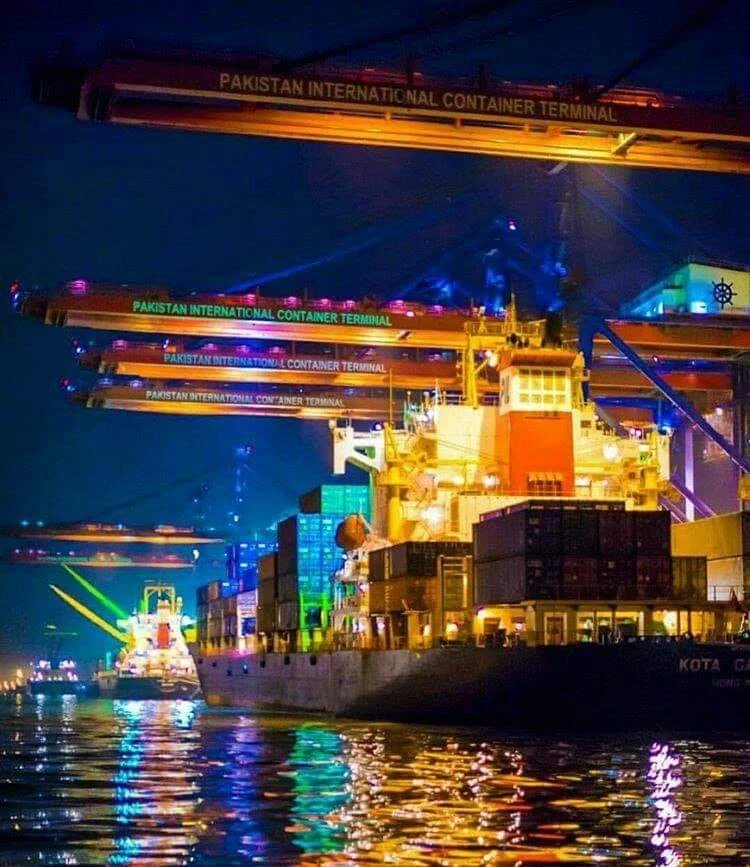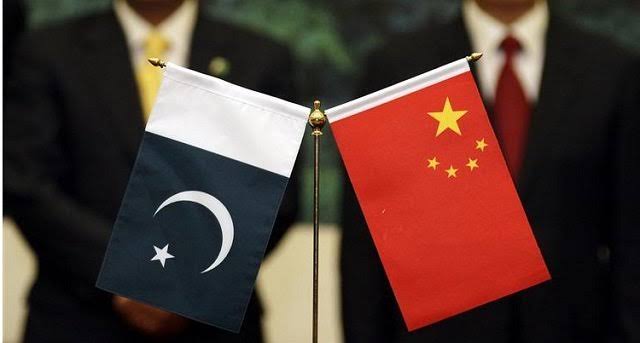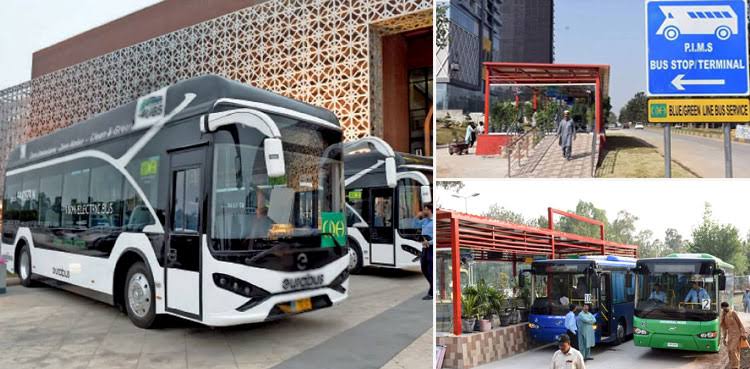ISLAMABAD: The Annual Plan Coordination Committee (APCC) approved a National Development Plan (NAP) exceeding Rs3 trillion for 2024-25. The plan aims to boost economic growth from 2.38% to 3.6%. Deputy Chairman Planning Commission Jehanzeb Khan led the approval, showing the government’s commitment to revitalizing the economy through strategic investments despite ongoing fiscal challenges.
Federal and Provincial Development Allocations
The federal Public Sector Development Programme (PSDP) has increased to Rs1.221 trillion. This marks a 30% rise from the previous year’s Rs950 billion, which was later reduced to Rs717 billion due to fiscal constraints. Additionally, power companies will contribute another Rs185 billion outside the PSDP. This raises total federal development spending to Rs1.406 trillion.
Provincial allocations include Rs700 billion for Punjab, Rs763 billion for Sindh, and Rs627 billion for Khyber Pakhtunkhwa. The APCC did not detail Balochistan’s allocation. Total national development spending is projected to exceed Rs3.5 trillion.
Sector-wise Allocation Breakdown
The energy sector will receive Rs378 billion, a 212% increase from the previous year’s Rs121 billion. The water sector will get Rs284 billion, up 92% from Rs148 billion.
The social sector faces a 59% cut, reducing funding to Rs83 billion. Health sector funding will drop by 35% to Rs17 billion. Education, including higher education, will be reduced by nearly 62% to Rs32 billion.
Infrastructure and Technological Investments
Infrastructure investments will rise by 60% to Rs877 billion. Science & Technology funding will increase by 148%, reaching Rs104 billion. However, the transport and communication sector will see a 29% reduction. Allocations will drop to Rs173 billion from the previous year’s Rs245 billion.
Economic Growth Projections
The NAP sets a 3.6% growth target for the next year. This will be driven by a 2% increase in agriculture, 4.4% in the industrial sector, and 4.1% in services. These targets depend on political stability, exchange rate stability, improvements in the external account, external inflows, and macroeconomic stabilization under the International Monetary Fund (IMF) program.
Challenges and Strategic Focus
Agricultural growth is projected at 2%, constrained by dry weather and water shortages. The industrial sector is expected to grow by 4.4%, helped by better inputs, energy supplies, and lower global oil and commodity prices. The construction industry is expected to benefit from lower material prices, aiming for a 5.5% growth.
The services sector is projected to grow by 4.1%, supported by better activities in wholesale and retail trade, transport, storage, and communications.
Fiscal and Monetary Policies
The total investment-to-GDP ratio is expected to rise to 14.2% from 13.1%. Fixed investment is forecasted to grow by 27.6%, while national savings are targeted at 13.3% of GDP. The government aims to reduce the fiscal deficit through better revenue collection and controlled spending, especially by cutting non-development expenditures, including subsidies.
Monetary policy will focus on managing inflation and supporting growth. Domestic inflation is expected to moderate to 12% following a decline in global inflation.
External Pressures and Mitigation
The current account deficit is expected to widen due to eased import restrictions aimed at boosting growth, especially in the industrial sector. Scheduled external debt repayments will put pressure on foreign exchange reserves and the exchange rate. However, positive outlooks for remittances, exports, and external inflows are expected to help mitigate these pressures.
Upcoming Joint Cooperation Committee (JCC) Meeting
The 13th Joint Cooperation Committee (JCC) meeting of the China-Pakistan Economic Corridor (CPEC) is set for May 22-23. The government plans to boost the PSDP by over 25% for the next fiscal year. This aligns with efforts to enhance development spending amid IMF-backed fiscal consolidation measures.
Minister of Planning, Development, and Special Initiatives Ahsan Iqbal emphasized the need for thorough preparations for the JCC meeting. He aims to finalize key projects and agreements before Prime Minister Shehbaz Sharif’s planned visit to Beijing in early June.



